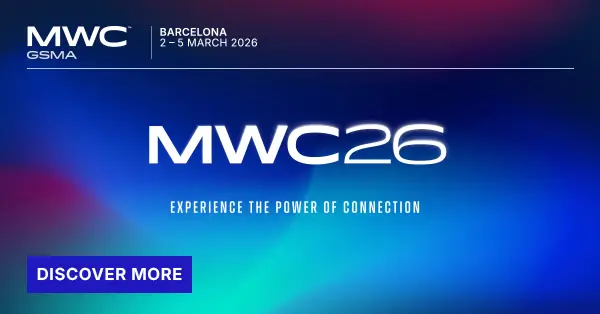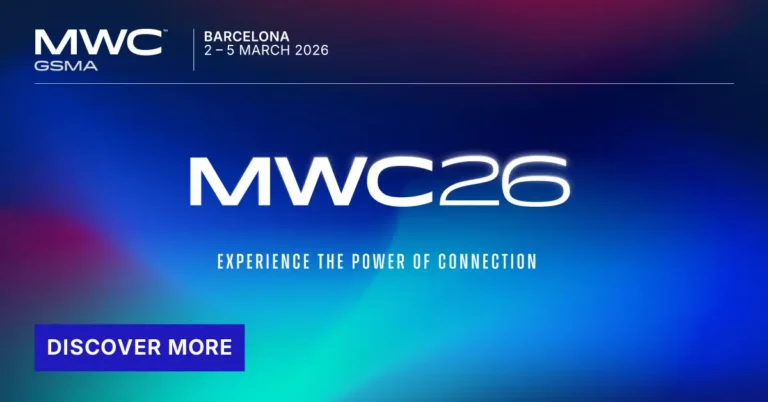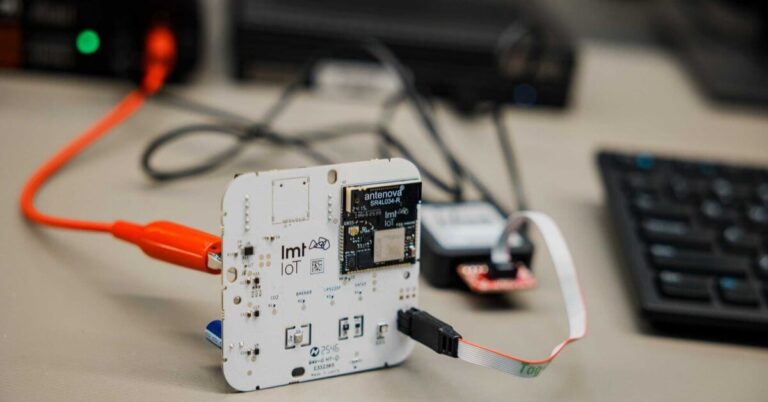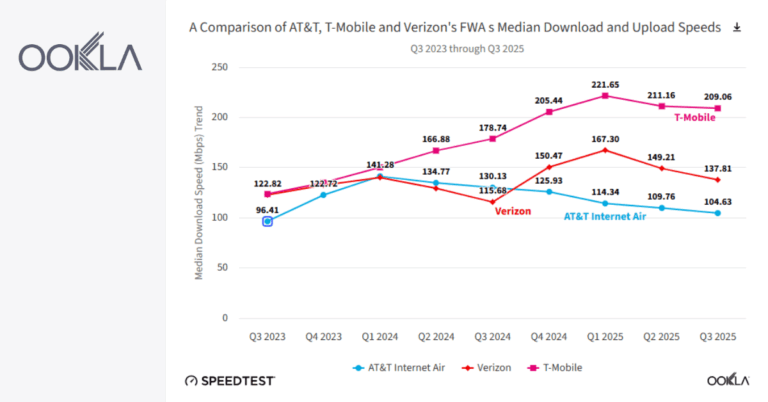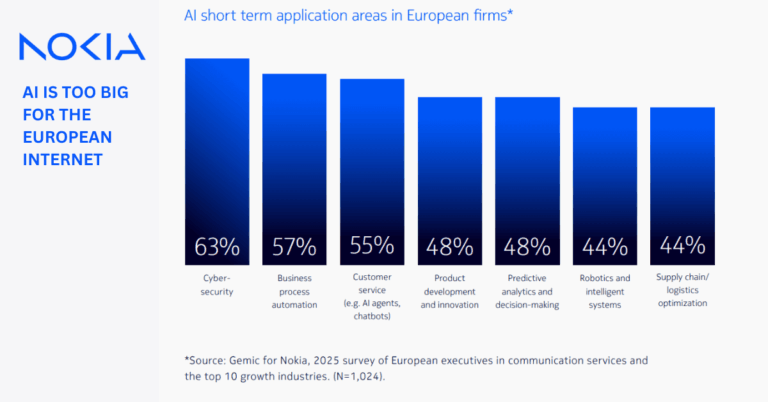United States Cellular Corporation has entered into an agreement to sell part of its spectrum licenses to Verizon Communications Inc. for $1 billion. In addition, UScellular has struck deals with two other mobile network operators to sell additional spectrum assets. These transactions are part of UScellular’s ongoing strategy, announced in May 2024, to monetize its remaining spectrum assets not included in a previous agreement with T-Mobile.
“We’re pleased to unlock significant value from our spectrum licenses,” said Laurent C. Therivel, President and CEO of UScellular. “These agreements with several mobile operators ensure that our spectrum will be put to use across the country, benefiting consumers. We’re also continuing efforts to monetize the remaining spectrum assets not part of today’s announcement.”
Details of UScellular’s $1 Billion Spectrum Sale
UScellular’s agreement with Verizon involves the sale of 663 million MHz POPs of Cellular (850 MHz) spectrum licenses, along with 11 million MHz POPs of AWS and 19 million MHz POPs of PCS licenses. The total value of the transaction is $1 billion, payable in cash, subject to potential adjustments outlined in the purchase agreement. The deal is contingent on regulatory approval and standard closing conditions.
In separate deals, UScellular will sell 12 million MHz POPs of spectrum licenses in the CBRS, C-Band, and 700 MHz B/C Block bands to two additional mobile network operators. The details of these transactions, including the buyers and terms, have not been disclosed. These deals are also subject to regulatory approval.
All of these transactions are contingent upon the successful closing of UScellular’s proposed sale of its wireless operations and certain spectrum assets to T-Mobile.
Regulatory and Shareholder Green Light for UScellular Spectrum Sale
As UScellular’s majority shareholder, Telephone and Data Systems, Inc. (TDS), which holds 82 percent of UScellular, has already provided its written consent approving the Verizon transaction. No further action by other shareholders is required to finalize these transactions.
UScellular’s Remaining Spectrum Assets After the Sale
Following these sales, UScellular will still hold 3.4 billion MHz POPs of low- and mid-band spectrum, including licenses in the 700 MHz, 3.45 GHz, CBRS, and C-Band ranges. Additionally, UScellular retains 17.2 billion MHz POPs of mmWave spectrum. The company is actively working to monetize these retained spectrum assets.
Key Advisors Supporting UScellular’s Spectrum Sales
Citigroup Global Markets Inc. is acting as the lead financial advisor to TDS, with additional financial advisory support from Centerview Partners LLC, TD Securities (USA) LLC, and Wells Fargo. Legal counsel and regulatory advisory services are being provided by Wilkinson Barker Knauer and Clifford Chance LLP, respectively. PJT Partners LP and Cravath, Swaine & Moore LLP are advising the independent directors of UScellular.
About UScellular
UScellular provides a wide array of wireless services and products to 4.5 million customers across 21 states. Headquartered in Chicago, the company employs approximately 4,300 individuals as of June 30, 2024. At the close of the second quarter, Telephone and Data Systems, Inc. owned roughly 82 percent of the company. For more information, visit uscellular.com.












